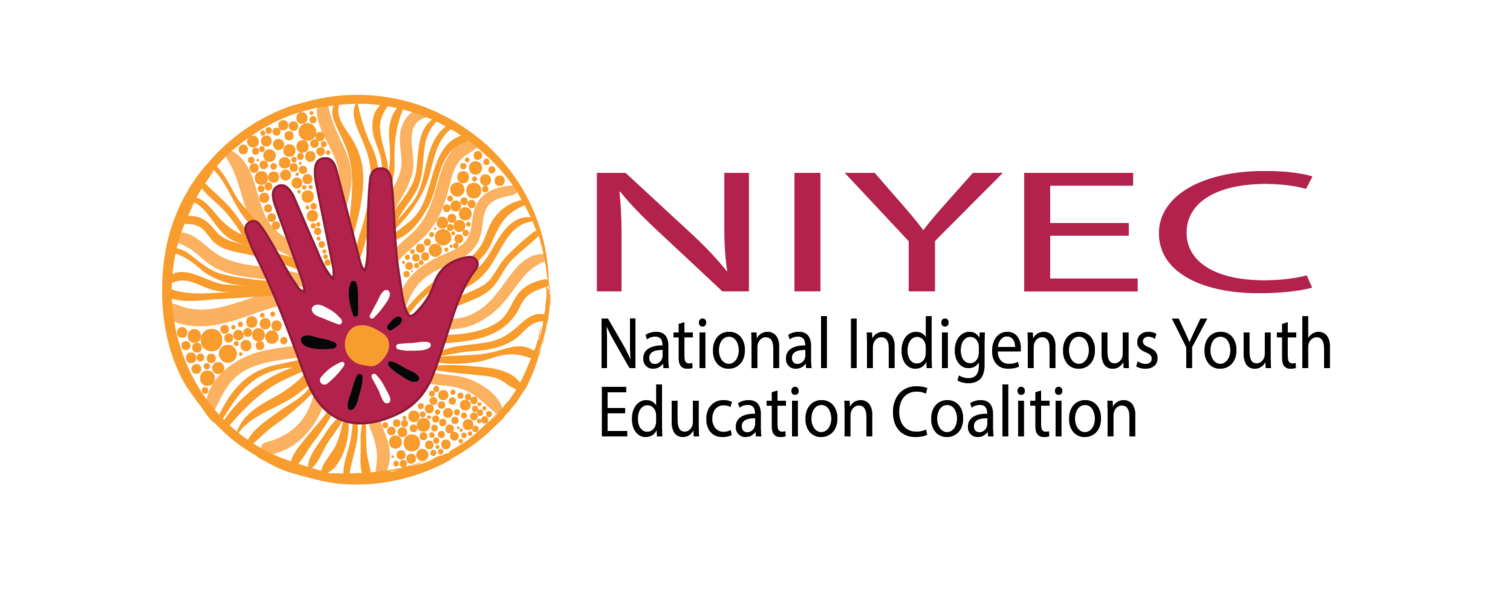As an Aboriginal child I had to listen while taught Captain Cook 'discovered' Australia
Originally Published on 14 February 2019 on The Guardian
Author: Hayley McQuire
Thinking generationally means thinking beyond the next election cycle and making the decisions that will build create a better world for our great grandchildren to inherit.
I see this photo of my grandmother holding my daughter. I think it’s incredible that my grandmother who was born in 1939 was able to share time, space and stories with her own great grand-daughter. She’s literally able to hold the future in the hands.
Using this frame, we see our connection to the future and our responsibility to nurture it and to pass down the values and messages that will be its foundation.
I remember sitting in my grade four history class and the teacher telling us that Captain Cook discovered Australia and that we were founded as a nation of convicts. As an Aboriginal child sitting in that classroom, I felt erased.
Our education systems have always been telling of the values of the society of the day, and what knowledge and values it believes are important to carry on into the future. I felt erased in that classroom not because I had a bad teacher, but by design. For Aboriginal and Torres Strait Islander people, education has been used as a tool of colonisation, to assimilate and control our people, to take from us our cultures and languages, to erase us from the history book and this still impacts our families and communities today.
Put simply the education system is not working for my people, because if it was it would not be producing results with Australia having one of the largest resource gaps between advantaged and disadvantaged schools in the OECD, where Indigenous 15-year-olds are two and half years behind their non-Indigenous counterparts in reading and maths, where we have a government whose response to school attendance rates focused on penalising family welfare payments rather than building relationships with communities.
Advertisement
This is why in 2015, myself and an amazing collective of Aboriginal and Torres Strait Islander young people founded NIYEC, the National Indigenous Youth Education Coalition. We are the first Aboriginal and Torres Strait Islander Youth Coalition solely committed to education advocacy and transformation.
We recognise education intersects across sectors like justice, health community development, which is why we are calling on Aboriginal and Torres Strait Islander youth from all backgrounds to join us. Currently the coalition brings together young people who are experienced in education, social work, health, law, public policy and international education development.
Almost 63% of the Aboriginal and Torres Strait Islander population are under the age of 30. We are the future leaders within our families, communities and broader society. Therefore it essential that youth are provided with the opportunities to learn, engage and be involved in education dialogues and decisions. If we want to transform the education system, then we need to mobilise and build the strengths and capabilities of the next generation of advocates and leaders to drive this change from now and into the future.
Together, we are working to change this narrative, by listening to our older people we believe we can transform our education and define our own futures.
NIYEC will be engaging Aboriginal and Torres Strait Islander youth through a series of strength-based, action-orientated workshops and online dialogues where we will create a space for our young people imagine what our education system could look like from that position of self-determination.
Advertisement
Through accessing an education of our own design, we are building the next generation of Aboriginal and Torres Strait Islander teachers, lawyers, doctors, community workers and nation-builders.
When I think about my great grandchildren, I envision a future where we can push beyond what is known and create a school that is founded on Indigenous pedagogies.
Where they can go to a school that has been designed by an Indigenous architect. Where spaces are created based on Indigenous ways of learning. Where the curriculum has been developed by Indigenous teachers in partnership with local Indigenous communities. Where our schools play a vital part in our language revival, and our children can learn their Indigenous language from Kindergarten to eventually submitting their PhD thesis (or whatever qualification we want to call it) in their own language. Where the school is essential to building strong, Indigenous Nations.
When I think of the future, I think of a society where institutions founded on Indigenous self-determination are valued. A society that truly believes that our People are essential to creating a fairer, more just society where our lands are healed and we care about future generations and the sustainability of our planet.

